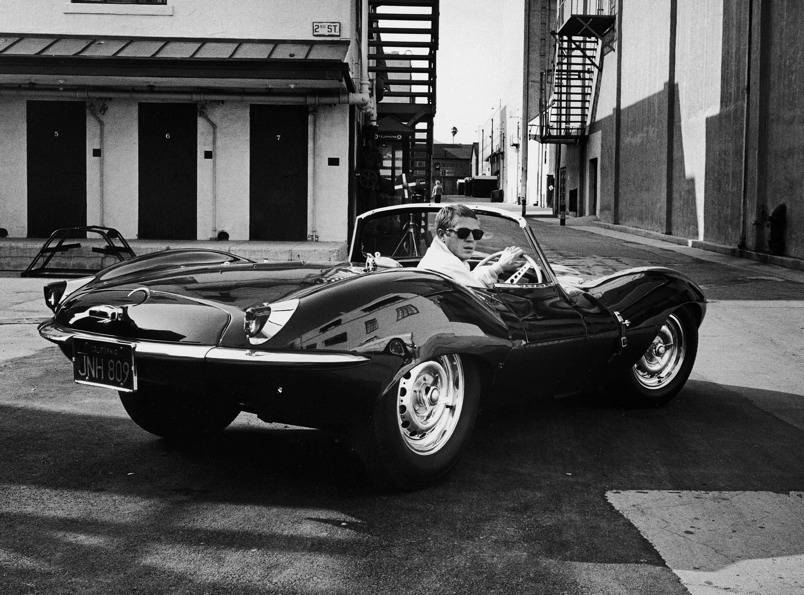Rock musicians are notoriously eccentric as a whole, particularly those whose heyday was back in the anything goes, drug-infused 1960s and 70s. But legendary drummer and wild man Ginger Baker stands out from the crowd in terms of pure insanity and fearsome ill temper. A very large redheaded man with a seriously bad attitude and a taste for mind-altering drugs, Baker is most famous for being one third of the best power trio of all time, Cream. Along with the late Jack Bruce on bass and primary vocals and the inimitable Eric “Slowhand” Clapton on guitar, Cream redefined the sound of heavy blues in the late 1960s and made an incredible impact on Rock despite the fact that the volatile trio could only keep it together for 2 years. The outstanding 2012 documentary Beware of Mr. Baker chronicles those heady days as well as the pure obstreperousness of its larger-than-life subject who left a trail of destruction in his wake across several continents in the years that followed.
http://www.youtube.com/watch?v=wqrigN8jxj8
With his gaunt appearance, madman’s eyes and predilection towards random acts of violence and self-destruction, Baker makes an ideal subject for a film. Beginning in the present at Baker’s fortified South African compound and horse farm and tracing his life back to his boyhood during Blitz-ravaged London, Beware makes use of lovely interstitial animation to add graphic novel vividness to the biography and never flinches from recounting the legendary drummer’s troubled life starting with the loss of his tough father in WWII. Baker, who might today have been diagnosed with ADD as a boy, subsequently finds his special quality when he realizes that he has “perfect time” and becomes enthralled as a teenager with Jazz drumming. He was taken under the wing of Phil Seaman, the greatest of the English Jazz drummers in the Gene Krupa style, who turned Baker on to two exceptionally important things that would impact the rest of his life: African rhythms and heroin. By his late teen years, Baker was not only a smack addict but also one of the most preeminent and technically accomplished drummers in England or anywhere else. This naturally led to his contributing to the intense and percolating London R&B scene and he quickly established himself as a force to be reckoned with in The Graham Bond Organisation, one of those big-in-England-but-not-in-the-States-type groups. With an appetite for drugs even greater than Baker’s, Bond’s band soon collapsed but not before Baker fatefully met Scottish bassist and vocalist Jack Bruce. These two polar opposites somehow attracted and were soon to become the fiery odd couple of British R&B making Rock history in the process.
While Ginger Baker disparages Bruce throughout Beware (as well as pretty much every other non-Jazz musician on the planet except Clapton), it’s clear that despite their mutual antipathy the two men fed off each other to achieve the greatest of musical heights. When Eric Clapton tired of his purist exploits in John Mayall’s Bluesbreakers and chose to return to the heady world of amplified R&B, Bruce and Baker were a ready made fit for Rock’s first power trio, emphasis on power: The Cream. Free from the constraints of traditionalism, Clapton could once again mine a more experimental, amped up sound that he had started to practice when he was with the Yardbirds. Bolstered by Bruce’s nimble bass work and evocative, unsettling vocal quality and Baker’s savagely precise drumming, Clapton’s guitar work with Cream was a revelation of sonic exploration and very close to a reinvention of blues guitar, with ultra-heavy re-imaginings of Blues standards like “Spoonful” and “Crossroads” showing the viscerally satisfying rewards of pushing distortion and amplification to their breaking points. Being formed in mid-1966, Cream also absorbed the burgeoning psychedelic vibrations of swinging London to create a trippy fusion of Rock and Blues that captured the zeitgeist of that particular place and time perfectly. And their influence on what was to come in terms of 1970s Heavy Metal and Hard Rock cannot be overestimated.
But despite the fact that Cream was massively popular and sold tons of records, the dysfunctional dynamic between Bruce and Baker ensured that the enterprise was not to be a permanent one. After the appropriately titled final album Goodbye and a farewell tour, Cream split for good in 1968. Amusingly, the documentary has Steve Winwood describe how Ginger Baker essentially commandeered the drummer’s gig in the ill-fated super group Blind Faith, much to Eric Clapton’s chagrin. After that band’s somewhat undeserved critical fizzle, Baker kicked around the London music scene trying to rouse up various projects that would approach his former glory with Cream. Failing that, he eventually followed his early passion for African drumming and left for Nigeria on a trans-Saharan trip in one of the first production Range Rovers (Baker was an accomplished driver and even participated in rally events for Rover). Once in Lagos, he formed a recording studio and hooked up with the great Fela Kuti, Africa’s James Brown, and the documentary makes a strong claim that Ginger Baker was in fact the first Western rock star to truly connect with the phenomena that would come to be known as World Music. But as if to prove the man’s deeply embedded contrarianism, it was also in Lagos that Baker developed a new addiction to replace his beloved smack: polo. Beware traces how this all-consuming passion led first to his falling out with Fela (the members of the local Lagos polo club were the very ruling elites that Fela was rebelling against), his departure from Africa just as his pioneering musical collaborations were coming to fruition and how his spendthrift ways on polo ponies would essentially bankrupt him.
If you thought Keith Moon or John Bonham were the wild men of English rock drummers, Beware of Mr. Baker will disabuse you of that notion. He was also born mean enough to outlive those two other blokes by several decades despite similarly prodigious levels of self-poisoning. No one, it seems, was crazier or just plain as ornery as Ginger, who was and remains a certified genius on the skins, a terrible parent and husband who like so many ultra-manly artists should probably have refrained from marriage and parenthood altogether, and in the final telling, an endlessly fascinating bitter old bastard. The documentary’s title is no accident: not only is “Beware Mr. Baker” the sign that greets visitors at the gate of his South African compound but for good measure Baker smacks director Jay Bulger sharply across the nose with his metal cane at the conclusion of their many interview sessions. As one can deduce from the many failed relationships detailed in the film, that’s simply Ginger’s way of saying goodbye.
Beware of Mr. Baker is currently a free stream with a Netflix membership and can also be rented or bought on Amazon.com.



